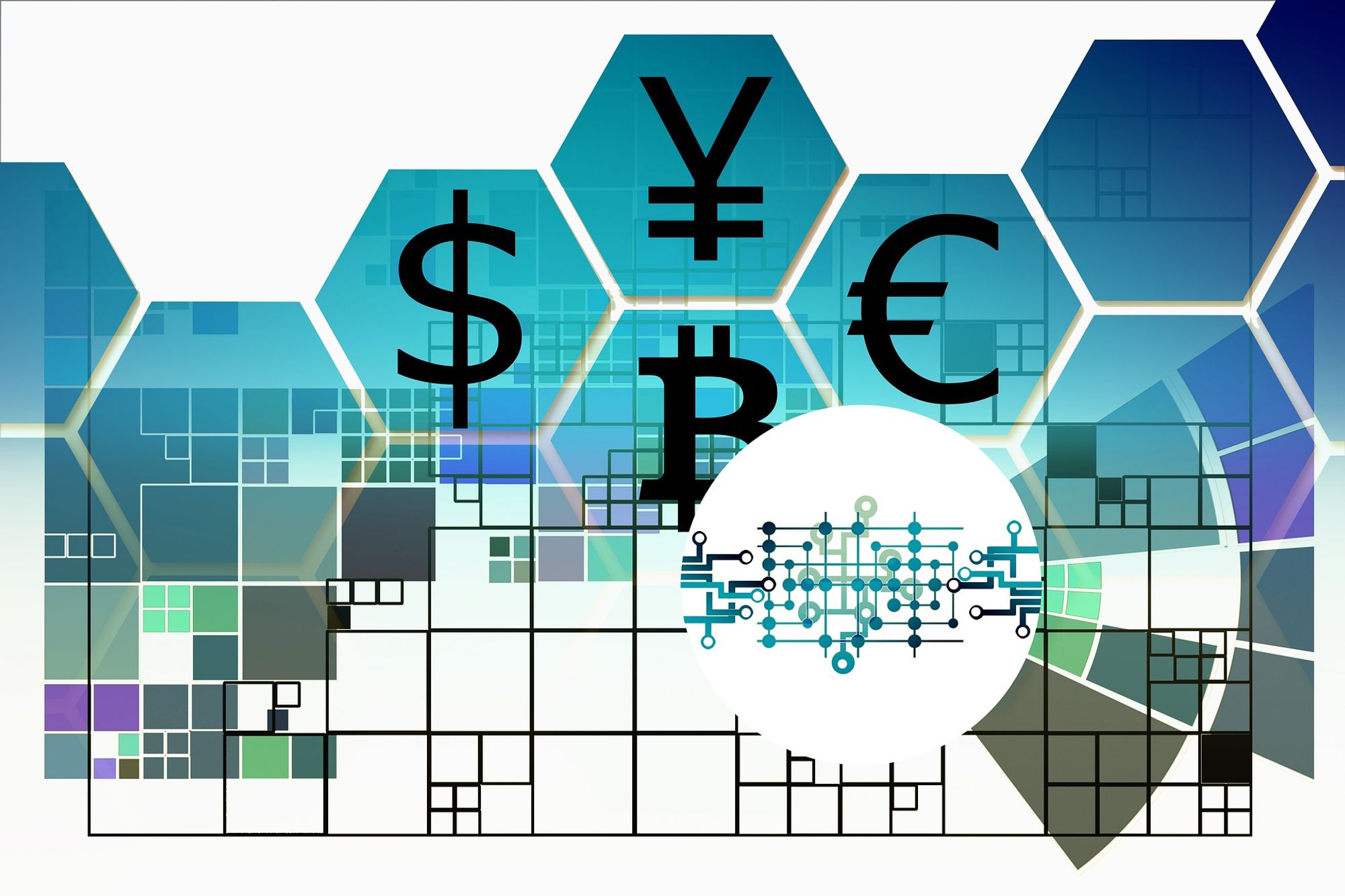DeFi is a CapFac and fulfills the need for capital by growing businesses that want to scale their operations. This is similar to what is happening today, but has some key differences.
Centralized Finance
A bank uses their own internal guidelines and corporate rulebook to determine if applicants qualify for financing. Many times, local and national officials may introduce bias into their dealings with business owners, and other factors certainly influence outcomes for businesses looking for expansion capital.
Decentralized Finance
DeFi platforms are powered by blockchains and smart contracts, and effectively use open and transparent algorithms to empower communities of participants. Based on data, capital is automatically unlocked in a trusted and secure manner, matching investors and growing businesses automatically, based on available finances and desired outcomes.
Blockchain
DeFi organizations typically depend on the blockchain they are built on, and can be private or public. Authentic DeFi is permissionless and open to everyone, but most organizations are hybrid in terms of how decentralized they truly are.
Tokenization
DeFi can drive lending based on protocols that use assets to back the investments. These asset-backed tokens are fractional bits of the underlying asset, and is an entirely digital way to raise capital and secure investors.
Crypto
Due to the core blockchain foundations of DeFi services, they natively deal in cryptocurrency, particularly the native token they issue for transactions and transaction fees. Creating a seamless fiat to crypto experience, among other features, becomes very critical for DeFi platforms to gain wide adoption.



